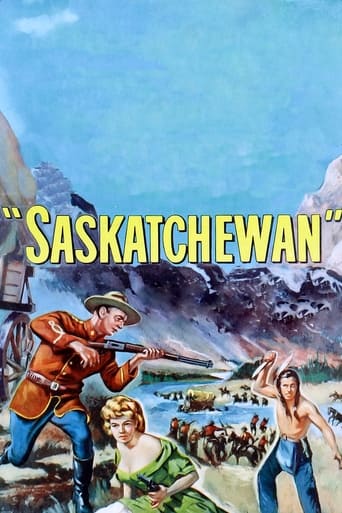


Saskatchewan
Story of blood brothers whose bonds are tested when marauding Sioux Indians cross the border to enlist the peaceful Cree in a battle against the Great White Father.
-
- Cast:
- Alan Ladd , Shelley Winters , J. Carrol Naish , Hugh O'Brian , Robert Douglas , George J. Lewis , Richard Long


Similar titles
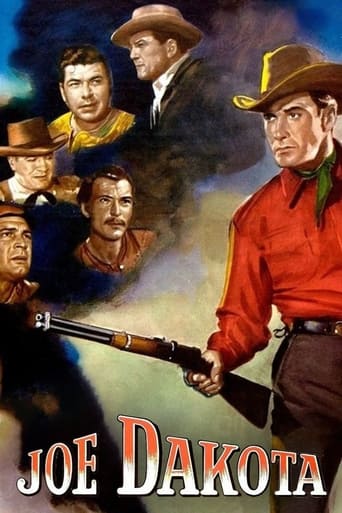
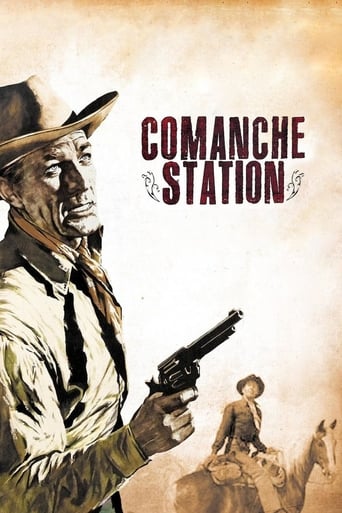
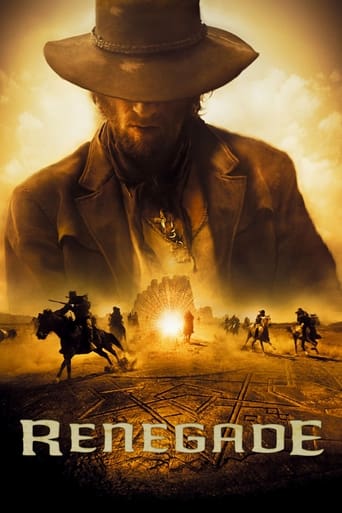
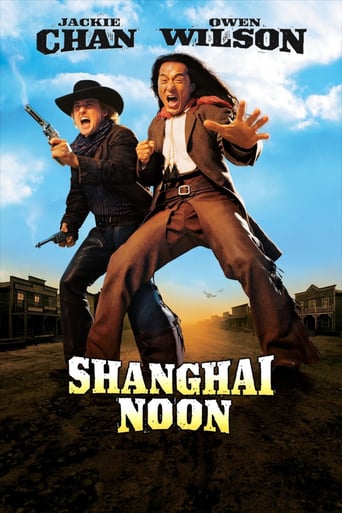
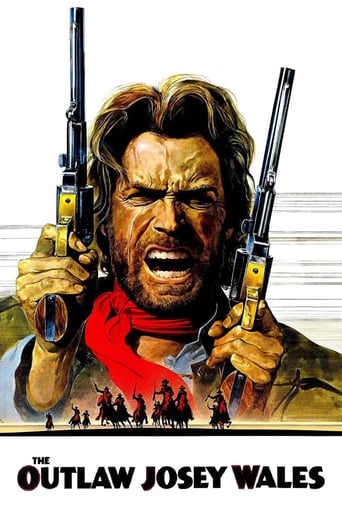
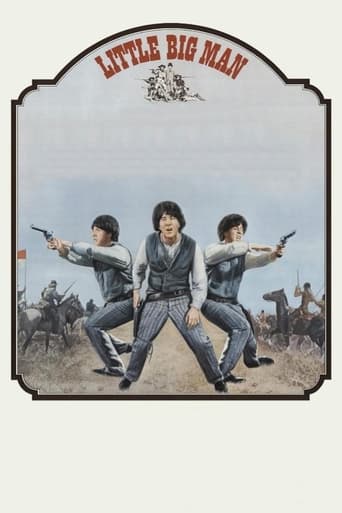
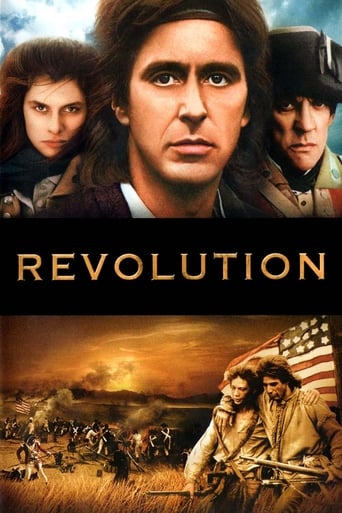
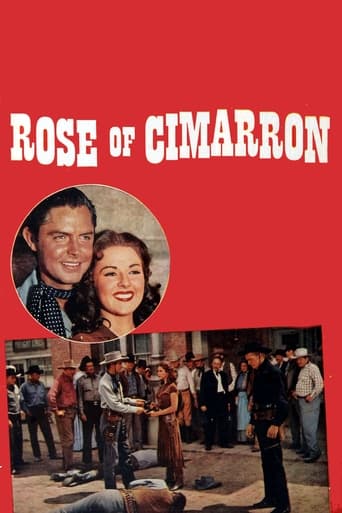
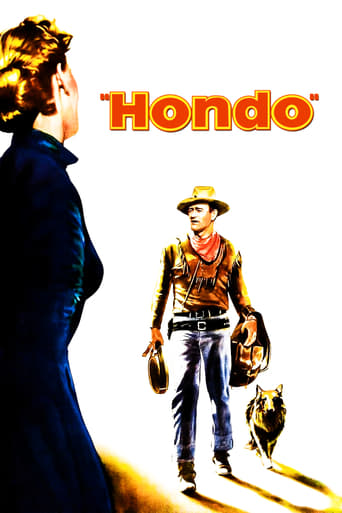
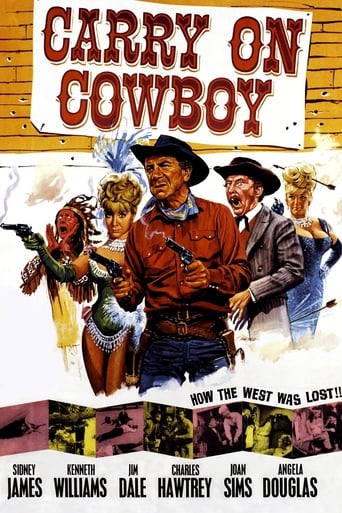
Reviews
Fresh and Exciting
Like the great film, it's made with a great deal of visible affection both in front of and behind the camera.
The movie's neither hopeful in contrived ways, nor hopeless in different contrived ways. Somehow it manages to be wonderful
Very good movie overall, highly recommended. Most of the negative reviews don't have any merit and are all pollitically based. Give this movie a chance at least, and it might give you a different perspective.
I would have to agree with most of the other posters, who give this film mixed reviews. The scenery is fantastic, the action is compelling, and there are a number of good actors on hand. But the historical inaccuracies, concerning things like the Mounties' costumes, and the actions of the post-Custer (Last Stand) Sioux, do detract from the film. Raoul Walsh is one of my favorite old-time directors, but he made his share of films which deviate from the truth. After all, he did direct the Errol Flynn version of Custer, "They Died With Their Boots On," which must be one of the most fanciful historical films ever. Walsh wasn't (and isn't) alone in this casual disregard for the truth, by any means. Everyone knows that there is history, and there is movie history. And plenty of other directors took as many liberties with the truth. The great John Ford, for instance. For example, the shoot-out at the OK Corral was nothing like that portrayed in "My Darling Clementine" (great film though it is). And the fact that Monument Valley creeps into so many of his westerns, some of which are taking place far from that photogenic area, isn't accuracy at work. Artistic license, and making a good movie, have often taken precedence in this regard. One Walsh movie which does seem more true-to-life is "The Big Trail," his ground-breaking 1930 film with John Wayne. Historians could no doubt find some mistakes in the film, but it seems fairly realistic as regards a covered wagon trek. Maybe the lesson is that historical fiction is often best, as inconvenient facts can't get in your way. And classic Hollywood directors had no monopoly on putting myth before truth. Look at contemporary directors like Oliver Stone and Michael Bay, who put the older Hollywood folks to shame. Stone, in particular, takes almost psychedelic flights of fancy in his films, and any relation to true events seems very tenuous. As many have pointed out, John Ford addressed this issue of myth-making versus truth-telling, in his film "The Man Who Shot Liberty Valance." It should come as no surprise that the myth often wins out. And even when true stories are told fairly accurately, as in "Glory," small liberties are taken with things like contemporary language, and events are often compressed or moved around. A classic movie like "The Great Escape," while basically telling a true story, fictionalized large aspects of it (not many, or any, Americans involved; it's the wrong season, etc.), something that no doubt irritated the men who were really there. Another great prison camp movie, "The Bridge on the River Kwai," was guilty of the same things.Anyway, Raoul wasn't immune to any of that, as this film clearly shows. If one looks at it as pure fiction, and if one buys the scenes of Mounties trying to be inconspicuous, in the woods, while wearing bright red uniforms, it's a pretty entertaining movie. Those more knowledgeable than I can point out the geographical and historical errors in this film. I'm sure that anyone with proximity to Saskatchewan can find many things to chuckle over.In 1945, Alan Ladd played the title role in a film called "Salty O'Rourke," directed by Raoul Walsh. Ladd's character's name in this film is O'Rourke, too. An in-joke, perhaps? It does seem like more than coincidence, considering that the two men didn't work together often. Also, does the plot remind anyone of other Walsh "chase" films, like "Objective Burma," and "Distant Drums," where army units are being pursued through hostile terrain, often by an unseen enemy (in this film, the pursuers are shown very clearly)? A nail-biting plot, but one which does get repetitive. Also, what's with the jungle bird sounds that the Sioux make? Not your usual Canadian bird calls.
Despite the title, this was filmed in Alberta, not Saskatchewan. It didn't bother me, as it was a beautiful film to watch--it was so vivid and blue. However, I wonder if Canadians might notice that it's not Saskatchewan.The idea of a film about the Mounties and the natives isn't a bad one. However, at times, it felt almost as if this was another 'cowboys versus Indians' films--though its message that there are both good and bad Indians and brotherhood was a nice change of pace. Too bad this was lost, somewhat, because of a dopey side story about a woman wanted in the States (Shelly Winters).The film begins with a very unlikely pair of brothers (Alan Ladd and Jay Silverheels) having a shooting contest. You learn that they were raised together and Ladd has a strong affinity for the natives. However, his new commanding officer in the Mounties is a total idiot--and his ways do nothing but alienate the friendly natives--pushing them towards an alliance with the warlike Sioux. So, it's up to Ladd to come to the rescue! There is a bad side story involving Shelly Winters. Her characters is just annoying. No one seems too upset that she steals a horse and behaves like a spoiled brat--and you know that no matter how awful she is, she'll be in a clinch with Ladd by the end of the film. Frankly, her character was 100% unnecessary.Overall, a very flawed but pretty film that fans of Ladd will enjoy--but others would probably be unimpressed by when they watch. Watchable.
The score is based on the French old folk song "A La Claire Fontaine " (17th century )whose writer remains unknown to this day.It crossed the Atlantic and became popular in Quebec ,notably among the Coureurs De Bois ;so its use in this northern western makes sense.There are two plots :one concerns the fight against the Sioux ,with a little help from the Crees -one of the Cree Indians considers O'Rourke (Ladd),the hero ,not his friend but his brother;the other deals with a marshal (O'Brian) who's got to bring back a woman (Winters)(who might or might not have killed a man).And that the man in question was the policeman's brother only makes matters worse.There are good leads (Shelley Winters was an actress who could play anything and she is ideally cast as this tough woman),splendid landscapes (the scene of the rainbow or the misty banks of the lake ) ,a bit of humor (the squaw and her children ,and the final nod to France)and some emotion (the wounded soldier).It is no one of Walsh's most memorable works ,but it's quite pleasant.
I've watched the movie several times and thought it was entertaining. in 1954 movies were entertainment, i don't know of any movie let alone one from 1954 that is historically correct. westerns among other movies in this period were horrible when it came to correctness. but they are amusing to watch and i found this one entertaining. i don't know whats correct or not in the movie but i've watched it several times. if there are no mountains in Saskatchewan who cares at least the movie has them and in vista vision. Alan Ladd does a good job and so does Shelly Winters, now there was a lot of people i didn't know who could use some acting skills but the movie turned out alright.
